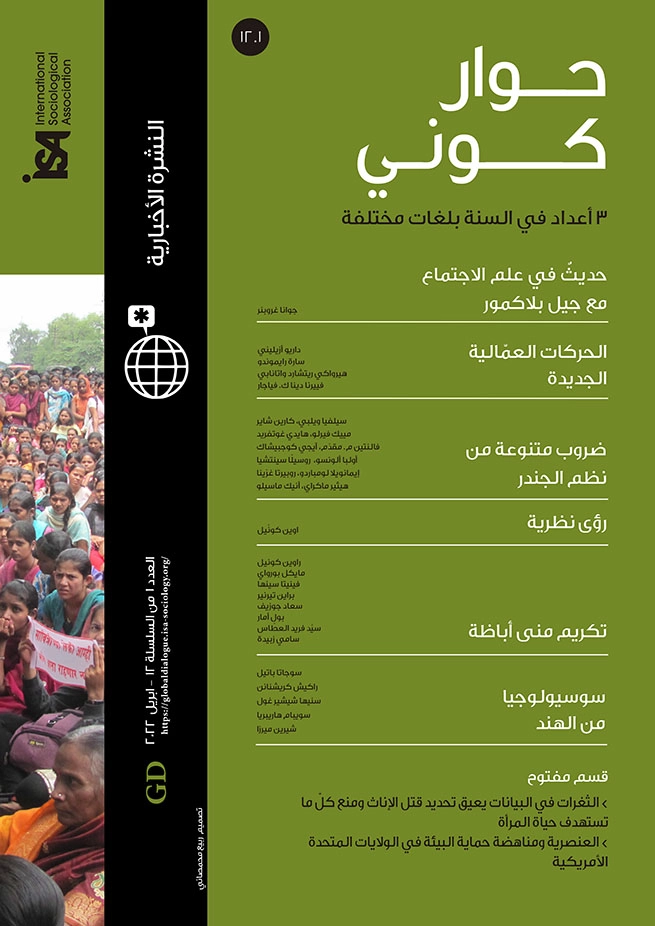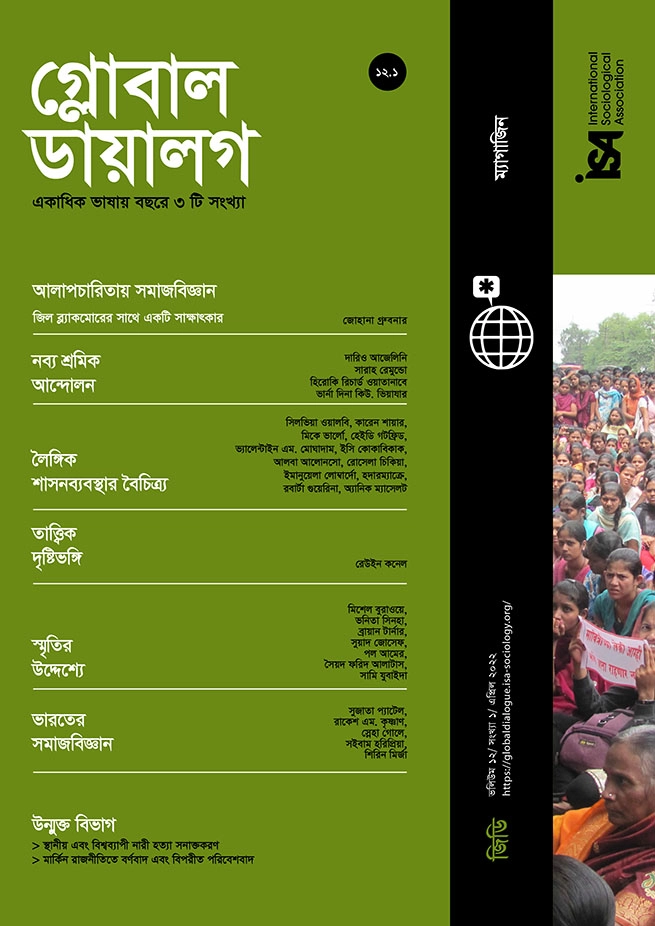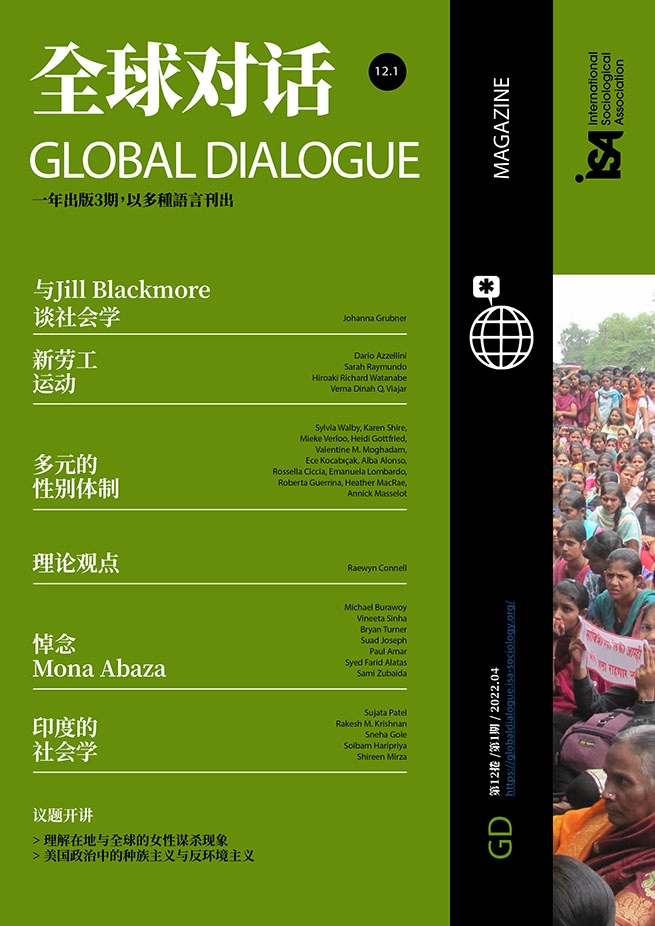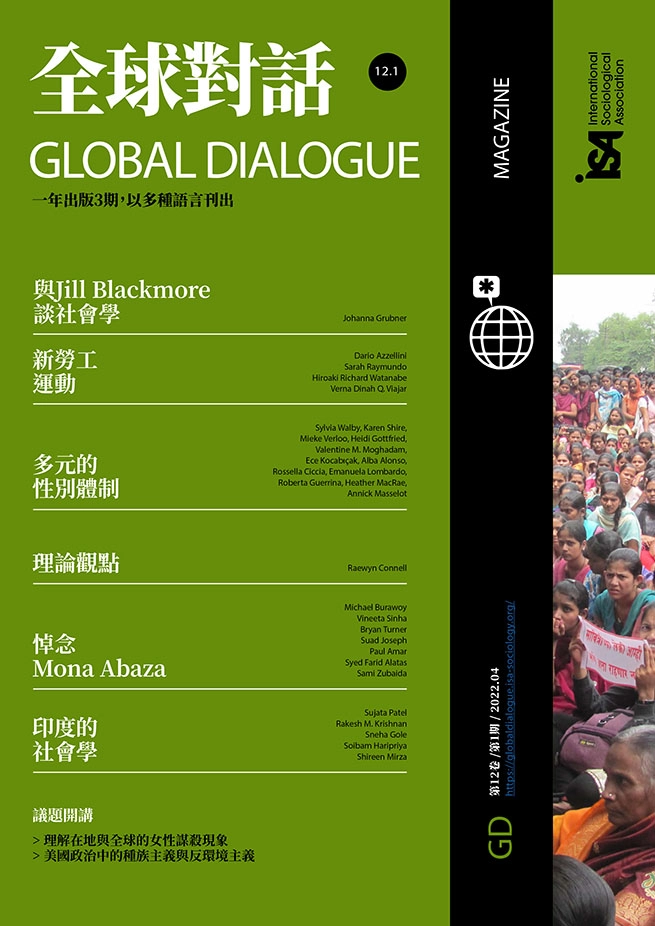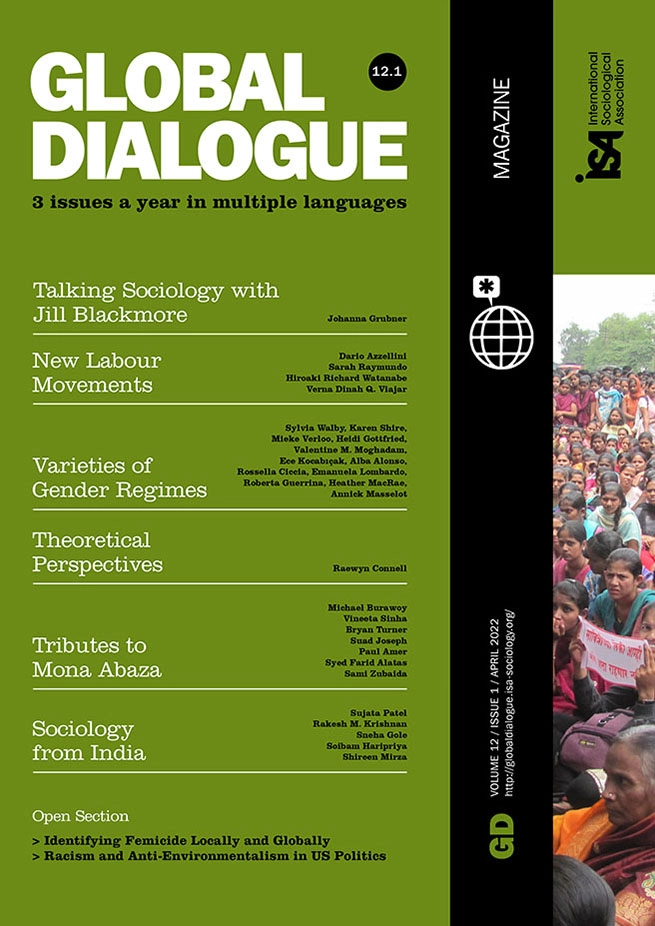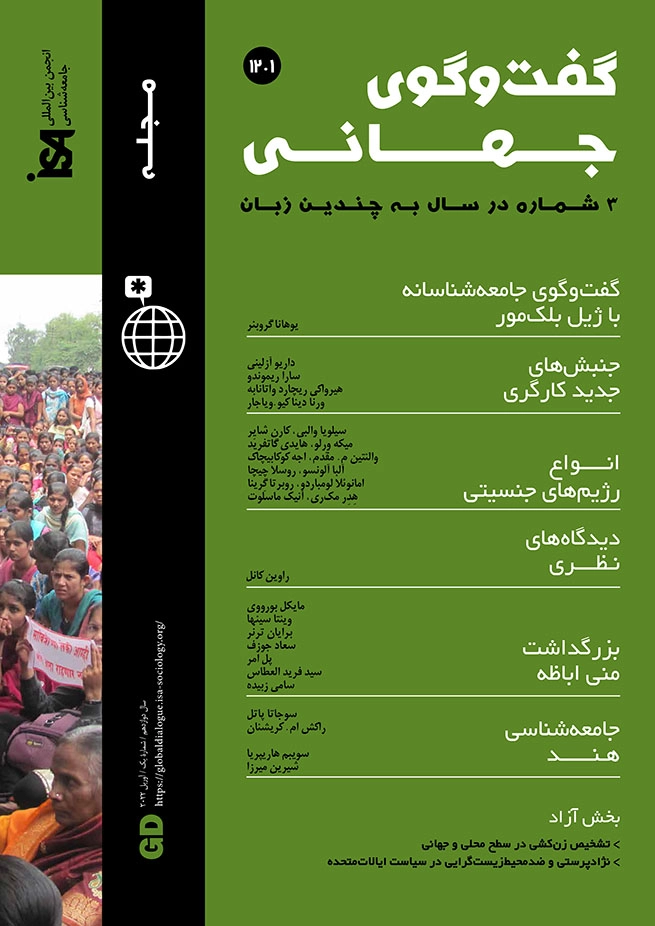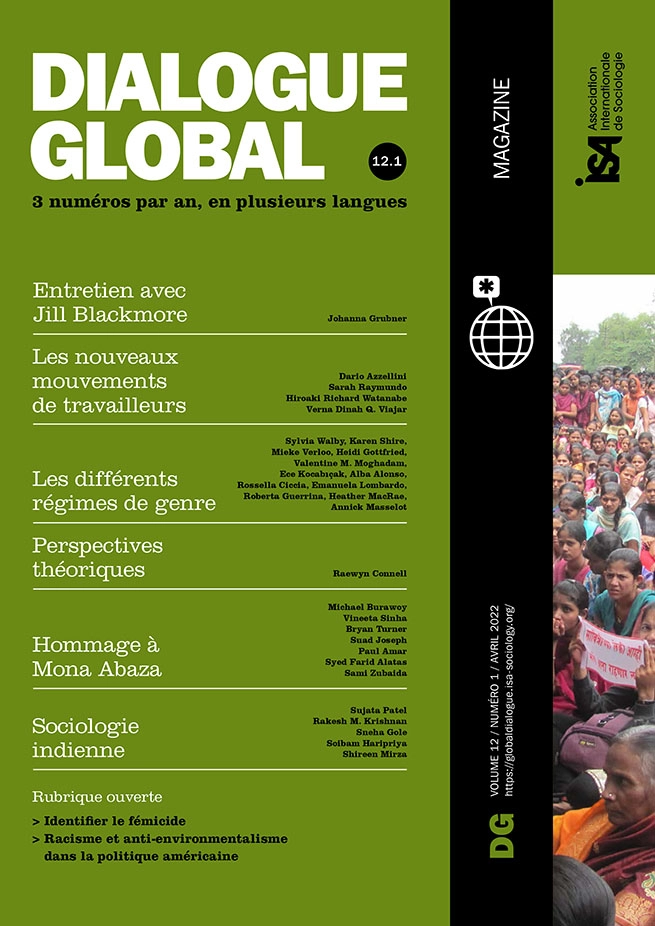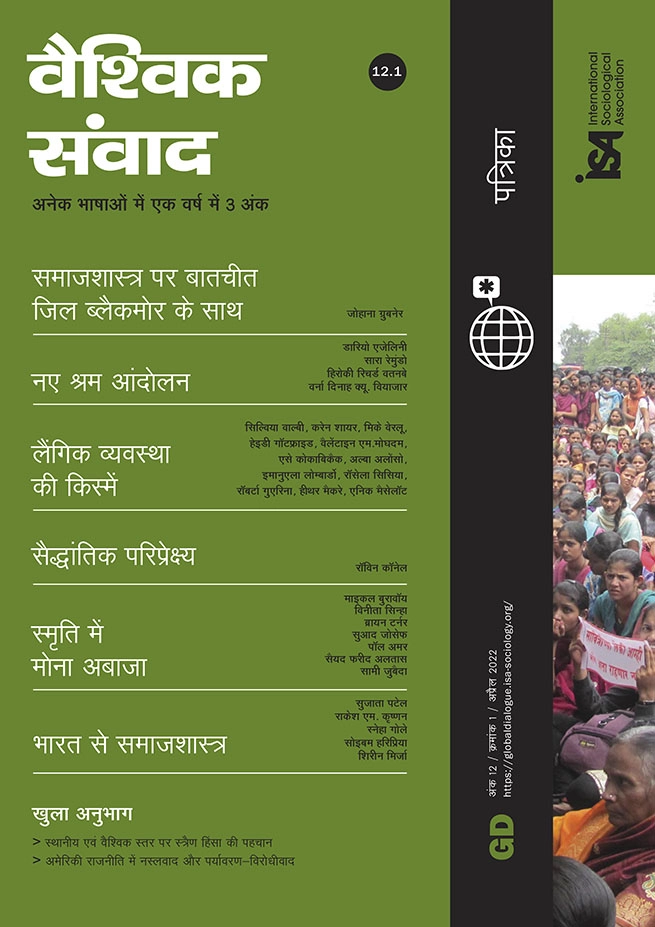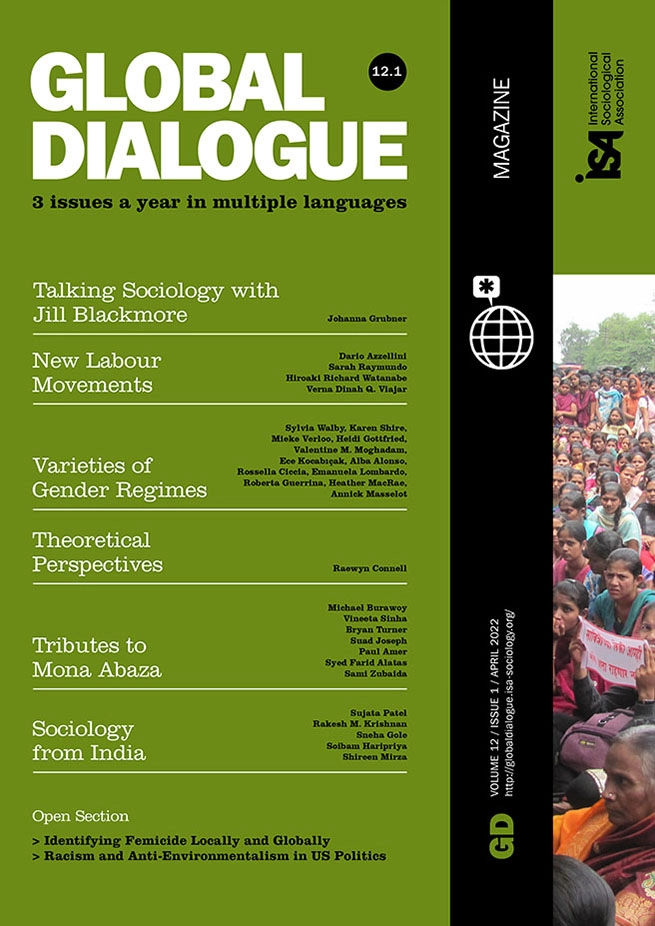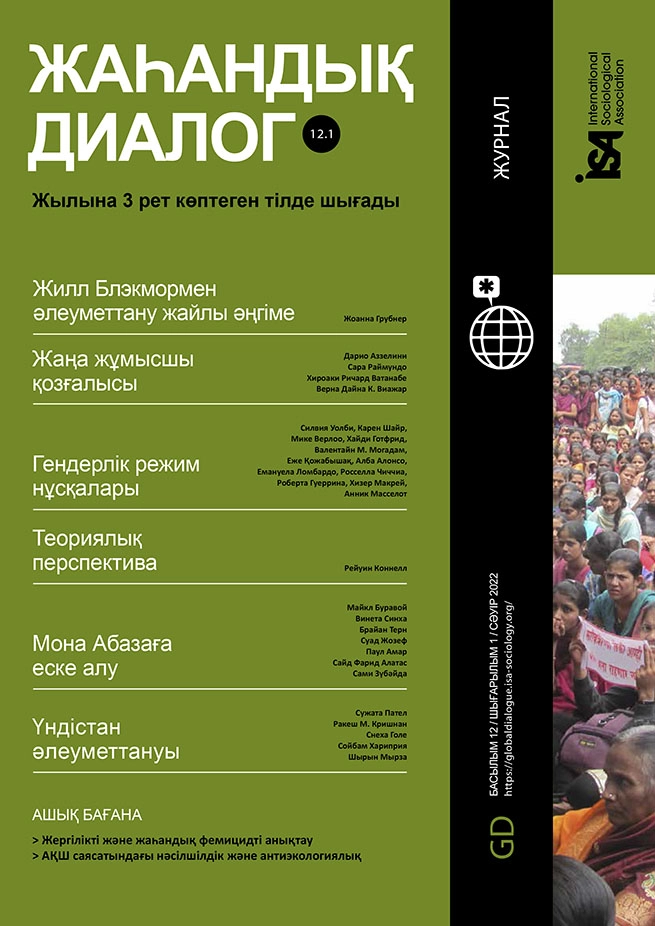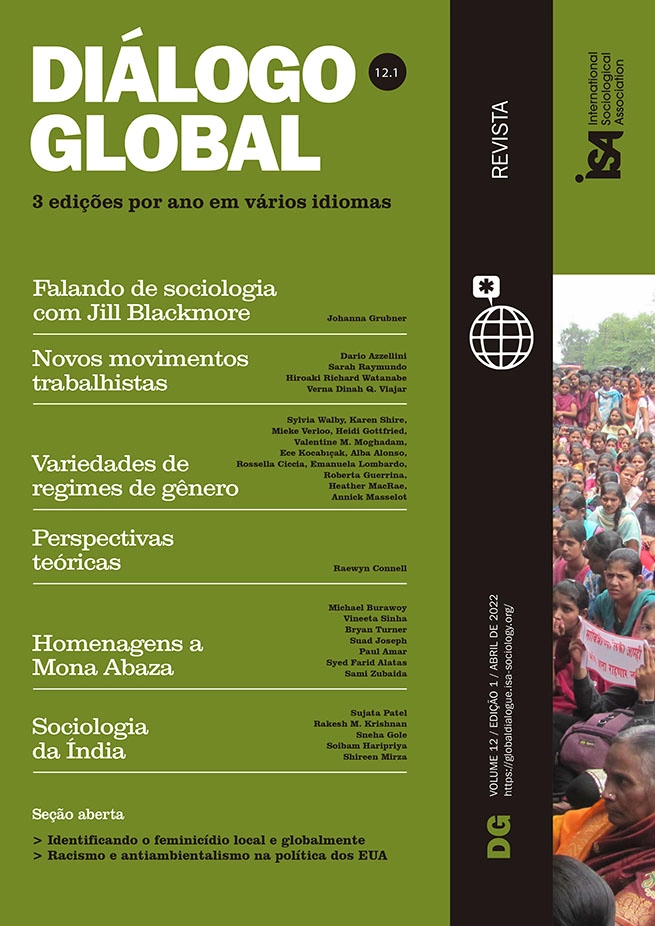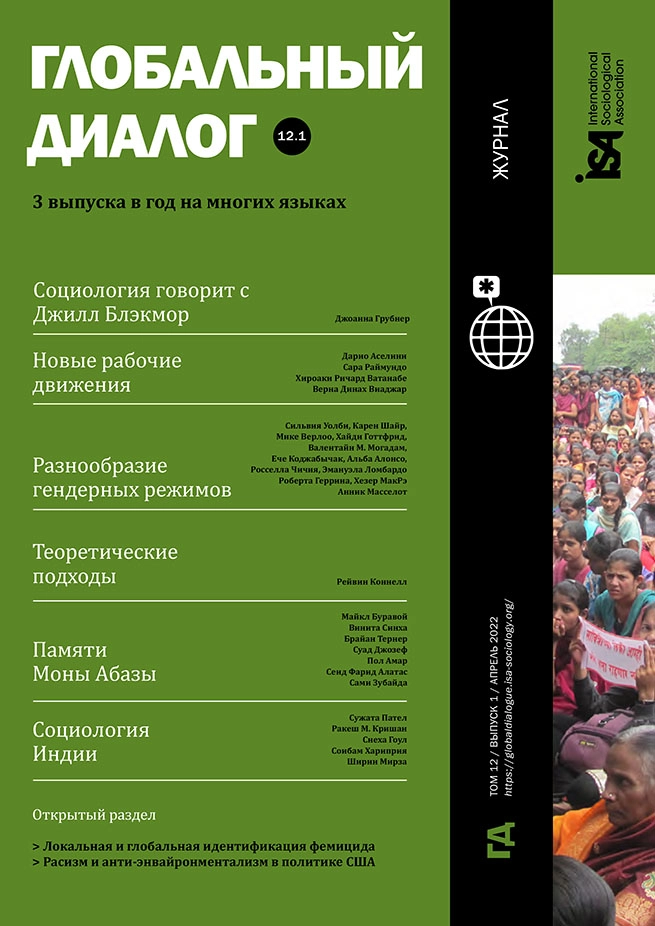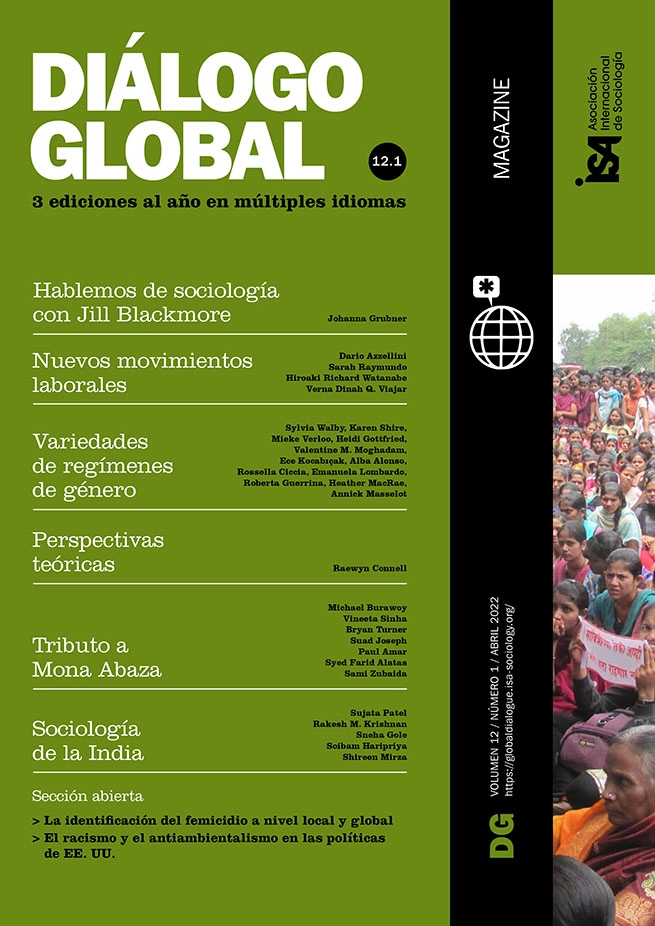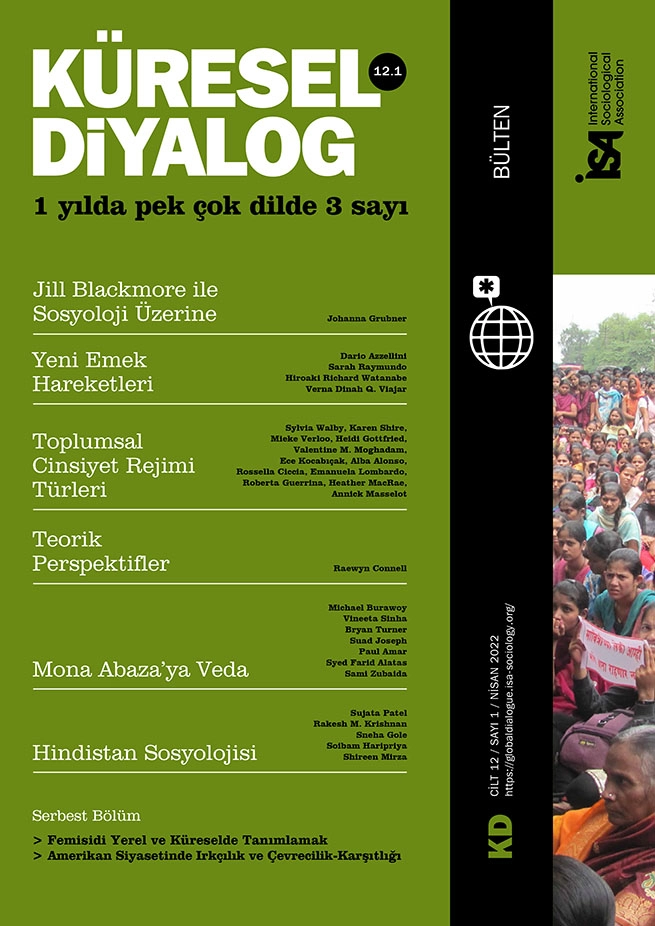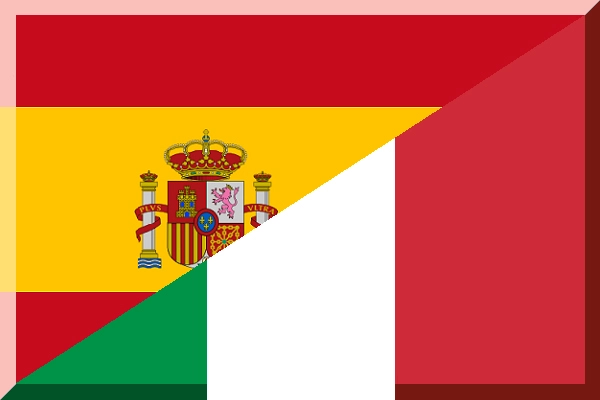How can we understand differences in the gender regime of Southern European states? What explains the different trajectories of gender regimes? Spain and Italy are often lumped together as belonging to the domestic or conservative model because of their shared legacy of authoritarianism and the familialistic nature of their welfare state, which entrenches unequal gender relations and restricts women’s access to the public sphere. However, in the last decades the two countries have shown signs of hybridization and have become increasingly dissimilar, with Spain moving towards a more public form, while in Italy the pace of change has been much slower, and in the direction of an even greater privatization of its gender regime.
We argue that polity and civil society processes are a crucial “engine” of change of gender regimes. Dynamics between polity and civil society have been analyzed by the literature on state feminism, in which studies of Western post-industrial democracies have explored the extent to which state feminism promotes the democratic and substantial representation of women’s interests, and the relevance of alliances between feminist movements and women’s policy agencies for gendering policy debates. Features of the political party system, institutional legacies, constellations of actors in favor and against gender equality, the role of organized religion, women’s political representation, and prevailing societal ideas about gender roles complement the role of state feminism and the women’s movement, by creating specific configurations of interacting factors that produce variations in the trajectories of gender regimes.
Our study challenges the existence of a Southern European gender regime model that fits all countries from this area. The analysis of trajectories of gender equality policies in Italy and Spain in the 2000s, with reference to former legacies of institutionalization of gender equality, shows that the two Southern European countries cannot be lumped together under the same model because they significantly diverge in their gender regime: while the Spanish gender regime has become increasingly public, moving between social democratic-progressive and neoliberal-conservative forms depending on the color of the party in government, the Italian gender regime remains more domestic and conservative.
Dynamics in polity and civil society
Variations in the gender regime are crucially affected by dynamics within and between the polity and civil society domains. Key factors that allow our assessment of the gender regime in Italy and Spain in the polity are: 1) a political party system which is more hostile in Italy than in Spain, given the strength of mainstream center-right parties in Italy; the presence of center-left parties more proactive on gender equality in Spain; and the growing strength of radical right populist parties – stronger and with governmental roles in Italy from the 1990s, but only now emerging in Spain; 2) the depth of democracy: women’s political representation is very low in Italy – stuck at 11% until 2018 – as compared to Spain, where it has been around 40% since 2007; 3) the interference of organized religion in politics: the Vatican and its civil society and political allies have a more direct access to the state and detrimental effect for equality in Italy than in Spain; 4) state feminism and velvet triangles (i.e. interactions between policy-makers, feminist academics and experts, and feminist movements): Italy as compared to Spain presents a weak gender equality institutionalization and weaker alliances between feminist activists, legislators, femocrats, and academics; 5) federalism is a progressive force in Spain, triggering policy innovation in gender equality among the regions, and between regions and the central state, while this is not the case in Italy; 6) familism as a feature of the welfare system has remained stronger in Italy compared to Spain.
For civil society, crucial factors that affect our assessment are the following: 1) the type of women’s movement: in Italy, being based more on difference than equality and less state-oriented than in Spain, where the presence of femocrats and feminists within left parties has ensured continuity in gender equality policy development; 2) the strength of anti-gender movements and their support from formal political actors: this is greater in Italy than Spain, with important ties between movements and radical right-populist parties in government, while in Spain this political connection is a more recent phenomenon; 3) knowledge: while Spain’s public opinion evolves towards progressive ideas about gender roles and greater secularization, in Italy conservatism in political culture and society prevails.
Overall, factors that push for gender equality policies have exercised a greater pressure towards a public gender regime in Spain, while conservative and anti-gender forces in both polity and civil society have determined a more hostile context for the development of a public and progressive gender regime in Italy. The permanence of conservative ideas about gender roles in the family, employment, and politics influences the permanence of traditional family structures in Italy, while Spain is moving towards a dual-earner model. Organized religion has a stronger detrimental influence on Italy’s gender regime too, with the greater secularization of Spanish society as compared to the Italian having allowed Spain greater progress in gender equality.
This comparative study has reached conclusions on the divergent gender regimes of Italy and Spain through a focus on the interplay between the polity and civil society domains as engines of change. Future studies will need to take into account interaction with other crucial domains, such as the economy, violence, knowledge, and issues related to body and sexuality, to provide a more comprehensive understanding of the differences between Southern European gender regimes that challenge general, less accurate, typologies.
Alba Alonso, University of Santiago de Compostela, Spain
Rossella Ciccia, University of Oxford, UK and member of ISA Research Committees on Economy and Society (RC02), and Poverty, Social Welfare and Social Policy (RC19)
Emanuela Lombardo, Complutense University of Madrid, Spain, <elombardo@cps.ucm.es>







